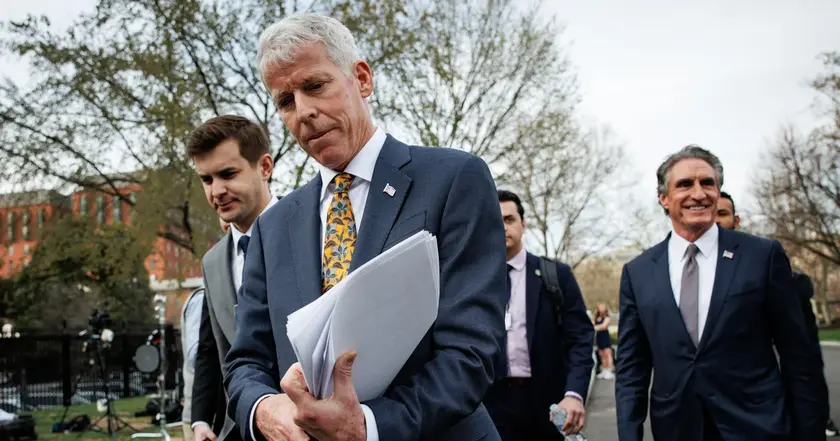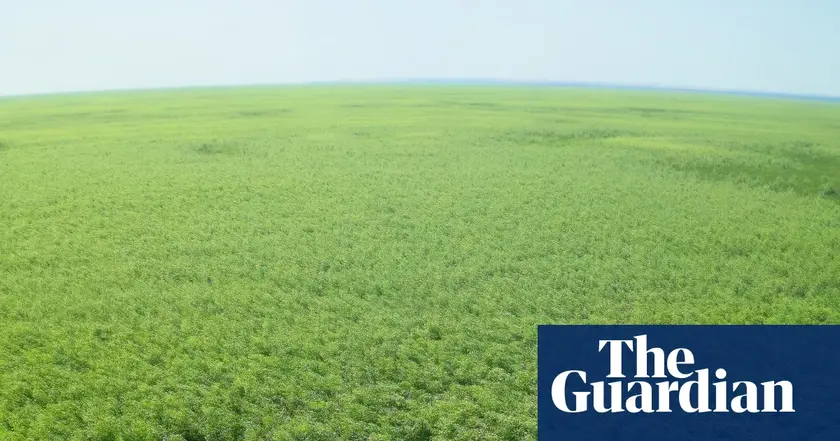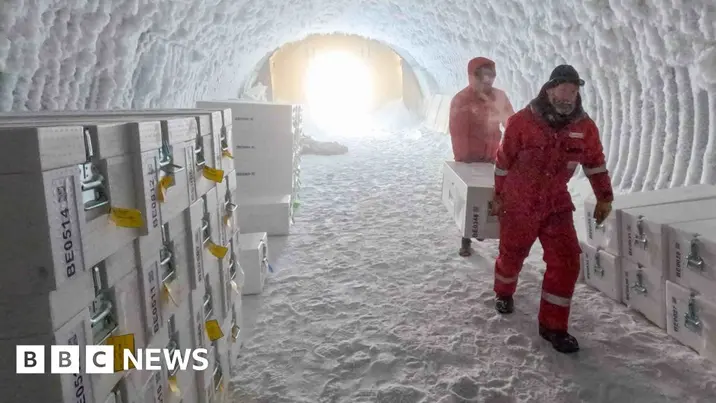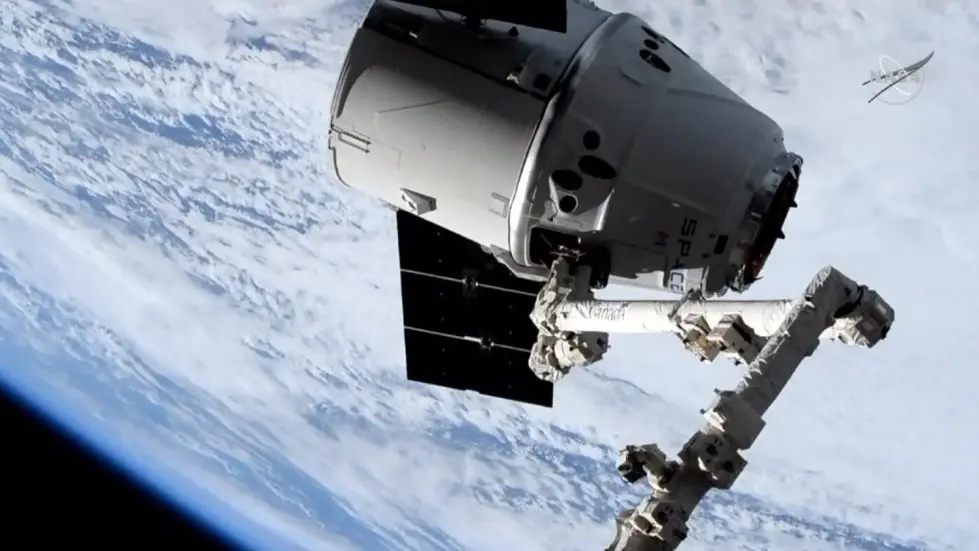T4K3.news
Environmental groups sue over secret climate report by contrarian scientists
A federal lawsuit challenges a DOE climate review written by five skeptics chosen by the energy secretary, amid moves to reconsider the Endangerment Finding.

Environmental groups challenge a Department of Energy review written by five climate skeptics selected by the energy secretary.
Environmental groups sue over secret climate report by contrarian scientists
Environmental groups and independent scientists filed a federal lawsuit this week alleging that the Department of Energy produced a new review of greenhouse gas impacts in secret. The report was prepared by a five member Climate Working Group chosen by Energy Secretary Chris Wright and delivered by May 28 after a March assembly and a brief drafting period. The action comes as the EPA moves to examine the Endangerment Finding from 2009, a cornerstone of U.S. climate regulation under the Clean Air Act. Critics say the process bypassed public input and used a closed loop of authors to shape the conclusions used by the EPA.
The DOE report argues that carbon driven warming could be less costly than widely assumed and that aggressive U S policy would have little measurable impact on global climate. It attributes some warming to natural cycles and solar variation, and argues sea level rise has not been accelerating. It also suggests rising carbon dioxide could benefit plant growth. Critics say the report cherry picks evidence, misrepresents peer reviewed studies, and ignores the broad scientific consensus that human activity drives warming. They note that Wright, a former oil and gas executive, moved to review federal climate work in a matter of weeks, prompting questions about authority and impartiality. The panel’s authors defended the speed as a necessity of urgent policy review; the critics call it a political manipulation of science.
Key Takeaways
"I would say that it presents an incomplete and misleading picture of how climate change is affecting the United States."
Phil Duffy, climate scientist
"This DOE report is in service of a political goal, it's not credible science."
Ben Santer, climate researcher
"Some of them have connections to the fossil fuel industry."
Vickie Patton, Environmental Defense Fund
"I am willing to take the modest negative trade off for this legacy of human advancement."
Energy Secretary Chris Wright
The lawsuit highlights a broader risk: when policy aims collide with the norms of scientific review, trust is at stake. A small, fast tracked panel and a draft meant to influence regulation could invite charges of bias and undermine legitimacy. Regardless of the court’s decision, the episode could reshape how future climate assessments are written and who is allowed to weigh in.
Beyond procedure, the case tests the credibility of climate science in a polarized era. The scientific consensus that human activity drives most recent warming remains strong, but the public expects transparent, open processes. Open debate that includes independent input helps prevent politics from overshadowing method. The outcome may push agencies to clarify advisory panel selection and review rules to preserve rigor while ensuring accountability.
Highlights
- Secret science must stay open to scrutiny
- Transparency matters even in urgent policy moments
- Climate truth should not be rewritten for politics
- Public trust relies on open, peer checked work
Political and scientific legitimacy at stake
The move raises transparency concerns and could politicize climate science. A federal lawsuit argues the process bypassed public input and violated advisory rules, potentially affecting the Endangerment Finding and trust in federal climate work.
The outcome will test how responsibility, openness, and science compete in climate policy.
Enjoyed this? Let your friends know!
Related News

ALS link to false morels studied in Montchavin

Oldest docodontan fossil found in Greenland

Link between false morels and ALS cases in French village

EPA Plans to Revoke Greenhouse Gas Regulations

Trump demands Commanders and Guardians change names

New forest emerges in Ukraine's former reservoir

Instagram deception fuels global pigbutchering crypto scam

Ancient ice core research gains traction in UK
